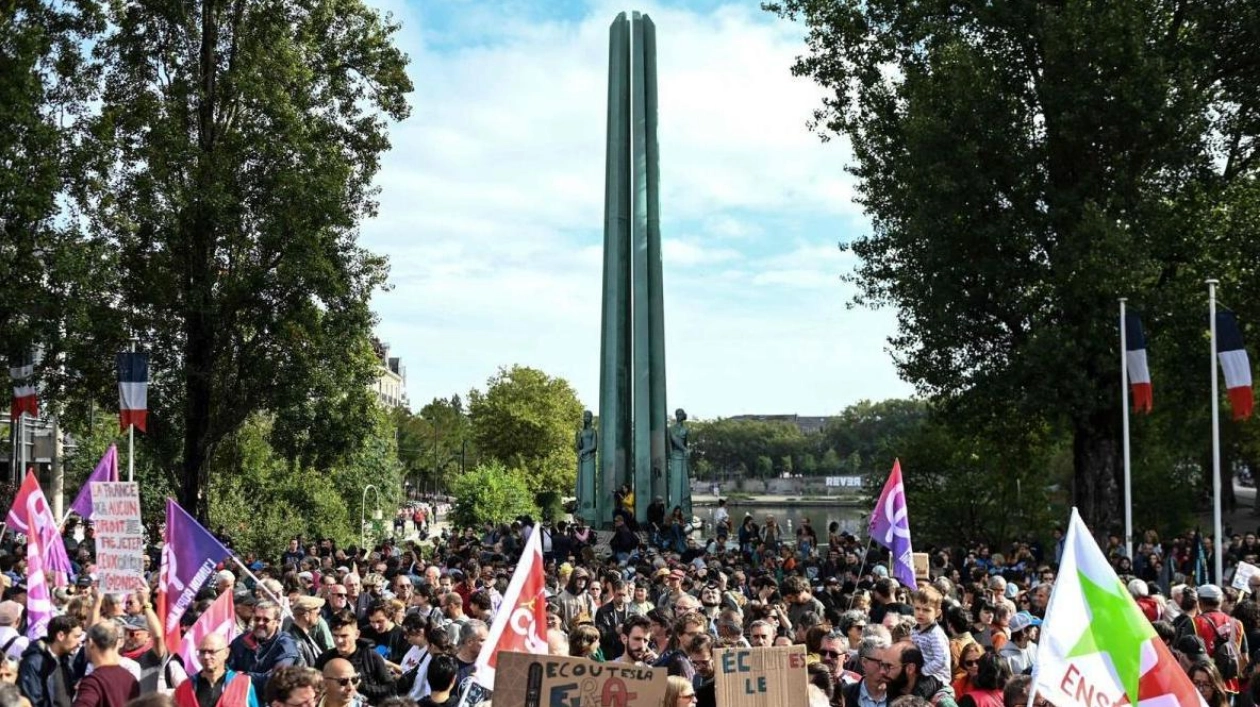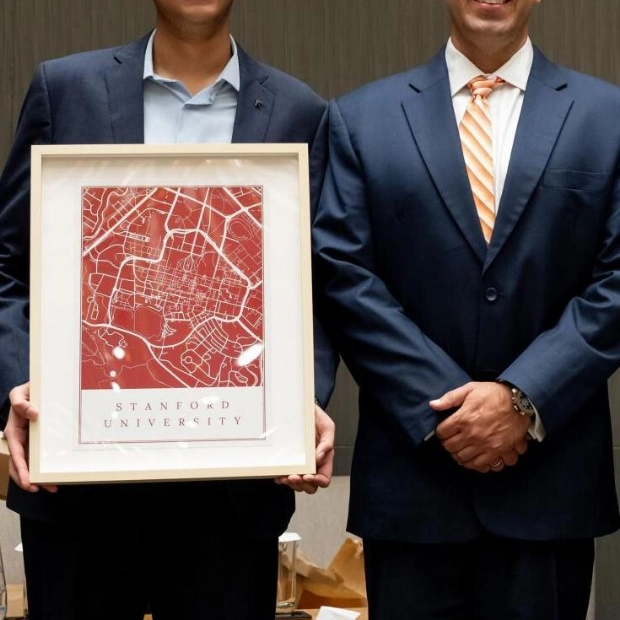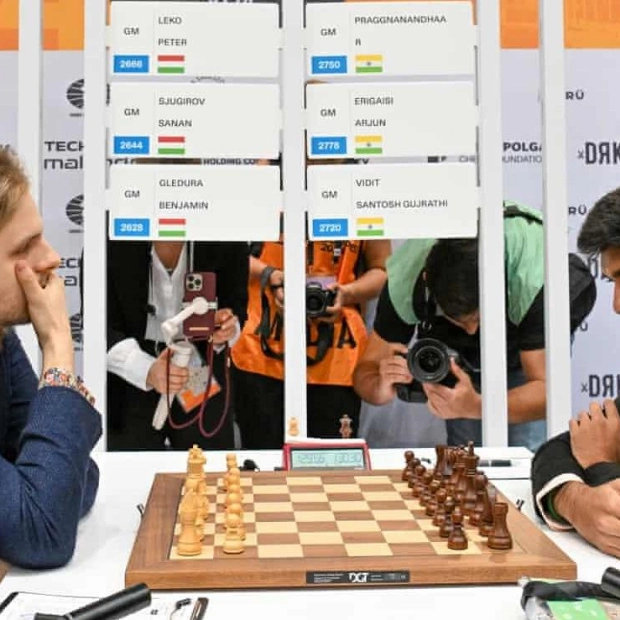French far-right leader Marine Le Pen called on President Emmanuel Macron to hold a referendum on crucial issues like immigration on Sunday, suggesting that allowing the French public a direct say could help resolve the current political impasse.
Last week, Macron appointed Michel Barnier, a 73-year-old former foreign minister and the European Union's Brexit negotiator, as Prime Minister, aiming to push forward after the June-July snap elections that left the parliament in a hung state. However, analysts predict a period of instability for the country, with Barnier's grip on power appearing precarious and reliant on backing from Le Pen's eurosceptic, anti-immigration National Rally (RN) party, which now holds the most seats in the new National Assembly.
A left-wing coalition, which emerged as the largest political force in France post-elections but without an overall majority, is also applying pressure on Barnier. Over 100,000 left-wing demonstrators took to the streets across France on Saturday to protest his appointment and condemn Macron's perceived power grab.
Le Pen, who leads RN lawmakers in parliament, has stated that her party will not join the new cabinet. On Sunday, she urged Macron to hold a referendum on pivotal issues such as immigration, healthcare, and security to give the public a direct vote. The RN "will wholeheartedly support any initiative aimed at empowering people to decide directly," Le Pen said in Henin-Beaumont, a traditional stronghold of the far-right.
To prevent the RN from securing an absolute majority and forming a government, around 200 candidates withdrew ahead of the final round of the snap legislative polls in July, provoking outrage from the far-right. Le Pen also hinted that she would closely monitor Barnier's actions. "If, in the coming weeks, the French are once again neglected or mistreated, we will not hesitate to censure the government," she added.
Le Pen, 56, also told reporters that she anticipates new legislative elections in France "within a year." "This is beneficial because I believe France requires a clear majority," she said. The left-wing coalition has also pledged to bring down Barnier with a no-confidence motion. The alliance had hoped for economist Lucie Castets, 37, to become prime minister, but Macron dismissed the idea, arguing that she would not survive a confidence vote in the hung parliament.
A poll released on Sunday indicates that the French are largely content with Barnier's appointment as prime minister but believe his tenure will be short-lived. According to the Ifop poll for the Journal du Dimanche, 52 percent of those surveyed were satisfied with Barnier's appointment. In contrast, 53 percent approved of Gabriel Attal's nomination when he was appointed prime minister in early January, making him France's youngest-ever premier at 34.
The poll also found that a majority view Barnier, the oldest prime minister in modern French history, as competent (62 percent), open to dialogue (61 percent), and likeable (60 percent). However, 74 percent of respondents believe his time in office will be brief. The Ifop poll surveyed 950 adults online on September 5-6, with a margin of error of up to 3.1 points.






